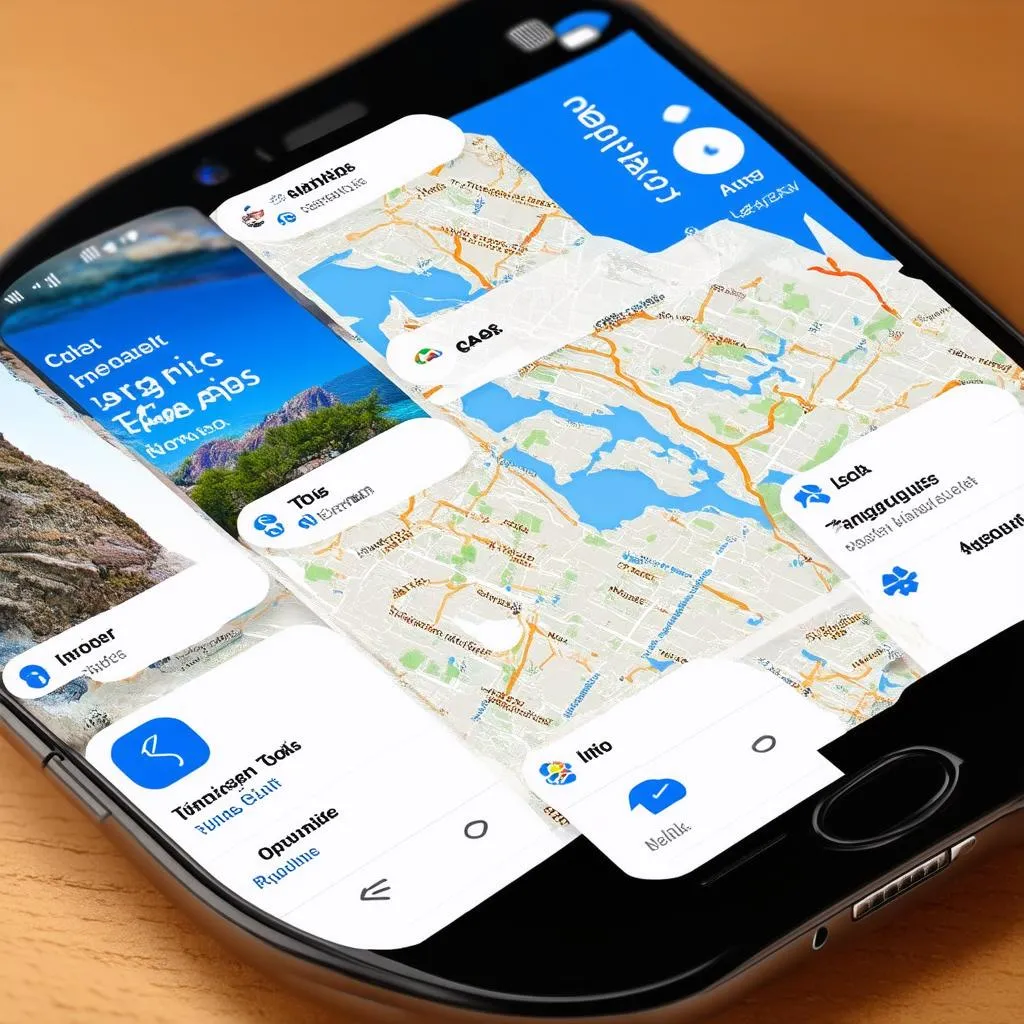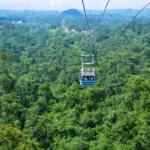Have you ever dreamt of navigating bustling markets in Marrakech, ordering a bowl of steaming pho in Hanoi, or asking for directions to a secluded beach in Bali – all without breaking a sweat about your language skills? Imagine confidently chatting with locals, uncovering hidden gems, and truly immersing yourself in the culture. With a little travel English under your belt, this dream can become a reality!
Why Learning Basic Travel English is a Game Changer
Learning even a little bit of the local language can make your trip smoother and more enriching. However, in our increasingly globalized world, English often acts as the bridge between cultures, especially in the tourism industry. Here’s why:
- Easier Communication: From booking accommodations to asking for directions or ordering food, knowing basic English phrases can save you a lot of hassle.
- Authentic Interactions: Locals always appreciate it when you make an effort to speak their language. Even a few phrases can open doors to genuine connections and memorable experiences. Remember my friend Sarah’s trip to Rome? Her attempts at speaking Italian, however flawed, were met with warm smiles and helpful gestures.
- Boost Your Confidence: Traveling to a new country can be daunting, but knowing you can communicate effectively in English can give you a sense of empowerment and independence.
Essential Travel English Phrases You Need to Know
Here are some key phrases to help you navigate common travel scenarios:
Greetings and Essentials
- Hello, goodbye, thank you, please: These basic pleasantries go a long way in any language.
- Excuse me, I’m sorry: Use these to politely get someone’s attention or apologize for any inconvenience.
- Yes, no, maybe: Simple yet crucial for understanding and responding.
- Do you speak English?: It’s always polite to ask before launching into a conversation.
- I don’t understand: Don’t be afraid to admit if you’re having trouble understanding.
Getting Around
- Where is…? (the bathroom, the train station, a restaurant): Use this to ask for directions.
- How do I get to…? (followed by a landmark or location)
- How much is a ticket to…? (city or destination)
- I’d like to go to… (hotel, landmark)
- Can I have a map, please?
Accommodation
- I have a reservation (under…)
- What time is check-in/check-out?
- Do you have any vacancies?
- Is there Wi-Fi?
- Could I have a room with a view? (if applicable)
Dining
- A table for…? (number of people)
- Can I see the menu, please?
- I’d like to order…
- This is delicious!
- The bill, please?
Shopping
- How much is this?
- Can I try it on?
- Do you have this in another size/color?
- I’ll take it.
- I’m just looking, thanks.
Tips for Learning Travel English
- Start Small: Don’t overwhelm yourself trying to learn everything at once. Focus on a few key phrases or words each day.
- Use Language Learning Apps: Apps like Duolingo, Memrise, or Babbel offer bite-sized lessons and gamified exercises to make learning fun.
- Watch Movies and TV Shows: Pay attention to how native speakers converse in everyday situations.
- Practice with a Language Partner: Find a language exchange partner online or in your local community.
- Don’t Be Afraid to Make Mistakes: The goal is to communicate, not to be perfect. Embrace your mistakes as learning opportunities.
Travel English Resources for Further Exploration
- Travelcar.edu.vn: For comprehensive travel guides, tips, and language resources, visit our website at travelcar.edu.vn.
- Online Dictionaries and Translators: Google Translate and WordReference are handy tools for quick translations and pronunciation guidance.
- Phrasebooks: Carry a pocket-sized phrasebook for on-the-go reference.
 Travel apps on a phone
Travel apps on a phone
Travel English and Feng Shui: Inviting Positive Energy into Your Journey
In many cultures, travel is seen as a way to shift energy and invite new opportunities. Feng shui, the ancient Chinese practice of harmonizing environments, can also be applied to travel.
- Packing Intentionally: Choose colors and items that resonate with your travel goals. For example, packing a scarf in a vibrant color might represent your desire for adventure and new experiences.
- Setting Positive Intentions: Before you depart, visualize a smooth and enjoyable journey.
- Being Mindful of Your Surroundings: Pay attention to the energy of the places you visit and choose accommodations that feel welcoming and harmonious.
 Woman meditating on a beach
Woman meditating on a beach
FAQs About Travel English
Q: Can I get by with just English in most countries?
A: While English is widely spoken in many tourist destinations, it’s not guaranteed that everyone you encounter will speak it fluently. Learning a few basic phrases in the local language shows respect and can enhance your travel experience.
Q: What if I’m really bad at languages?
A: Don’t worry! Everyone starts somewhere. Even a few words or phrases can make a difference. The key is to be confident and willing to try.
Q: Is it offensive to use a translator app?
A: Not at all! Translator apps can be incredibly useful tools, especially for more complex conversations or when you need to understand signs or menus.
Conclusion: Embrace the Journey with Confidence
Mastering travel English doesn’t happen overnight. It’s an ongoing process of learning, practicing, and embracing the beauty of communication. Every interaction, no matter how small, is a chance to connect, learn, and create lasting memories. So, pack your bags, grab your phrasebook, and get ready for an unforgettable adventure!
For more travel tips, destination guides, and language resources, be sure to explore more on TRAVELCAR.edu.vn.
What are your best travel English tips? Share your experiences and advice in the comments below!

